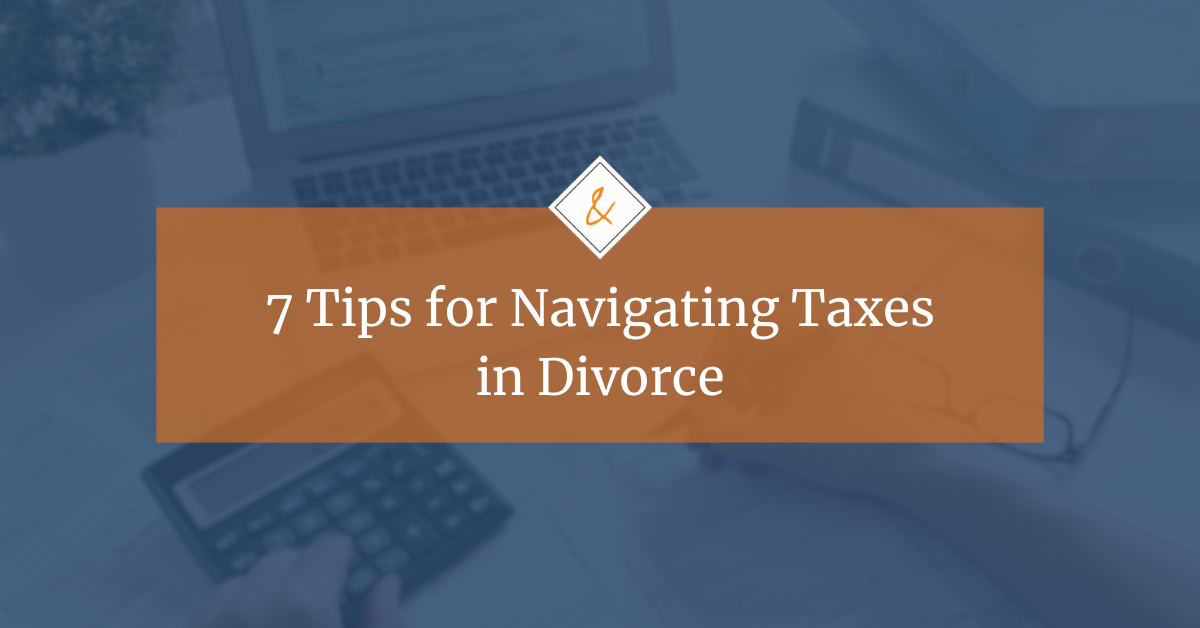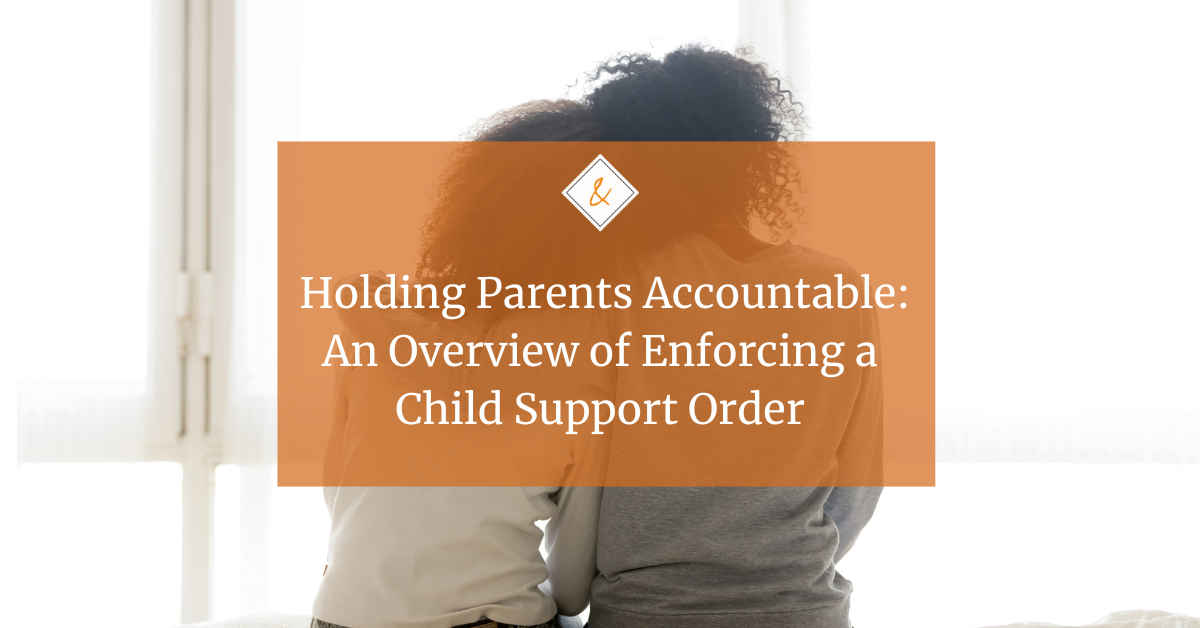So your spouse has filed for divorce and you have decided to retain counsel to represent you in the divorce and related custody and/or support matters. Clients always want to know if their spouse will have to pay for their counsel fees. We as lawyers often hear: “It’s not fair, he has so much money and I don’t have the financial wherewithal to fight him.” “He is just going to run up my legal fees with his ridiculous positions until I have no money left and I can’t fight back.” The general answer is NO! In most cases, a party is responsible for his or her own counsel fees. However, as with most rules, there are a few exceptions.
Under the Pennsylvania Divorce Code, a court has the power to award interim counsel fees to a party during the pendency of the divorce if a party does not have the funds to prosecute or defend the divorce litigation. However, the court will usually treat an interim award of counsel fees as an advance against that party’s share of the marital assets as part of the property distribution. So in reality, you are still paying your own counsel fees; you are just using your share of the marital assets to do so.
Also, the Pennsylvania divorce code authorizes the court to award counsel fees and expenses as part of the final resolution of divorce litigation. The purpose for an award of counsel fees is to place the parties to a divorce action on a “par” with one another, and thereby promote the fair administration of justice by enabling the less affluent spouse to maintain or defend a divorce action without being placed at a financial disadvantage. While the divorce code provides for such a remedy, in practice, a Court rarely awards counsel fees to one party under this provision. So the expectation should be that you will not have your fees reimbursed.
In practice, courts generally only award counsel fees for bad behavior, such as failing to abide by a court order or failing to provide financial information as part of the discovery process. The burden is on the party seeking the payment of his or her counsel fees to show that the other party did not do what they were supposed to do under the terms of an agreement, or under the provisions of a specific court order. Fees are generally awarded in these cases as part of an action for contempt of a court order.
Finally, under the Pennsylvania Judicial Code, counsel fees may be awarded as a sanction against another participant for dilatory, obdurate, or vexatious conduct during the pendency of the matter or because the conduct of another party in commencing the matter or otherwise was arbitrary, vexatious or in bad faith. This section would apply, for example, if a party filed a motion or petition that had no basis in law or fact.
As lawyers, we understand that the payment of one’s legal fees is a concern but unfortunately, each party will likely be required to pay their own fees unless they can fall into one of the exceptions above.



